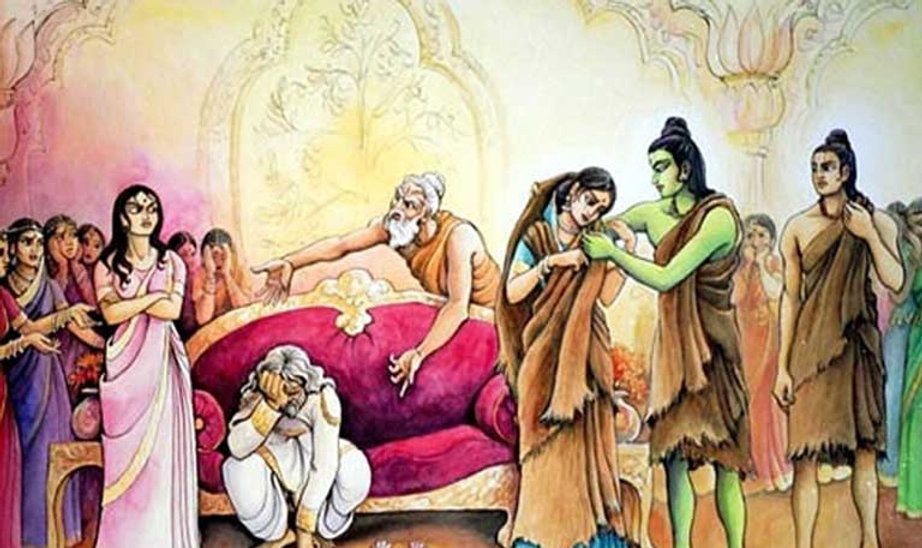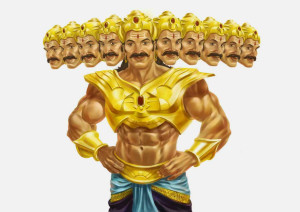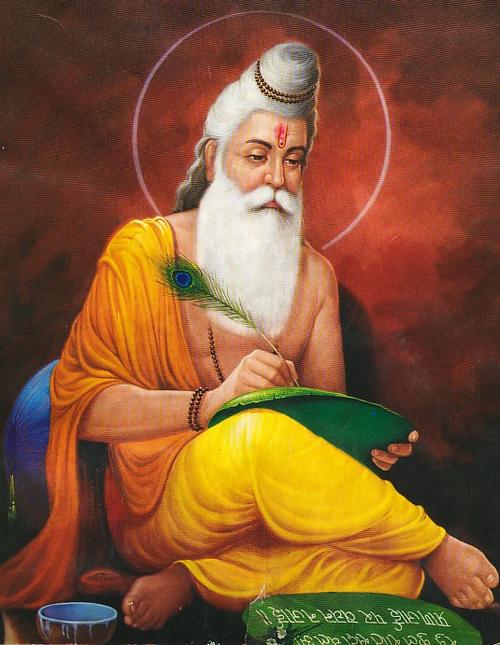The Root Cause: Envy and Destiny
The epic tale of the Ramayana is not just a story of good versus evil, but also a profound lesson in how destiny can smash even the best-laid plans. The root cause of the Ramayana’s unfolding events is envy, a deeply destructive emotion. In the Ramayana, this envy was not directly between Lord Ram and his stepmother Kaikeyi, as one might assume. In fact, Kaikeyi was initially as loving towards Lord Ram as any mother could be. She was happy with the decision that Lord Ram would be crowned as the king of Ayodhya.
However, it was the envy of her maidservant, Manthara, that set the entire chain of events into motion. Manthara, like a venomous snake, harbored envy without any direct cause. Her envy was so deep that she sought to remove Lord Ram from his position, though she had no personal stake in the matter. This envy, without any logical reason, led to a series of events that would fulfill the plan of the Lord.
The Unfolding of Destiny
Destiny, or “Bhagya” as it is known in Sanskrit, plays a pivotal role in the Ramayana. The Lord’s plan was that Ram would not be king immediately, but would instead spend 14 years in exile in the forest. This plan, unknown to the characters, unfolds through the actions of individuals who, often unconsciously, fulfill the divine will.
King Dasharatha, Ram’s father, had planned for Ram to be crowned as the king the following day. He was ready to retire, believing that his life would end peacefully with Ram on the throne. But destiny had other plans. The past karma of Dasharatha, particularly his accidental killing of Shravan Kumar and the subsequent curse from Shravan’s parents, played a significant role in altering his plans. The curse decreed that Dasharatha would suffer the pain of being separated from his beloved son, which came to pass through the actions of Kaikeyi, driven by Manthara’s envy.
Manthara’s Influence and Kaikeyi’s Request
Manthara’s envy was the spark that ignited the flame of Kaikeyi’s fear and ambition. She manipulated Kaikeyi by convincing her that if Ram became king, her own son Bharat would live a life of servitude. Overcome by these thoughts, Kaikeyi, who was once loving and supportive of Ram, became consumed by a desire to secure the throne for her son.
Kaikeyi then went to Dasharatha and reminded him of the two boons he had promised her years before. She demanded that Ram be exiled to the forest for 14 years and that Bharat be made the king in his place. Dasharatha was devastated by this request but was bound by his word as a king. Despite his pleas, Kaikeyi remained firm, and Ram, ever dutiful and respectful of his parents’ wishes, agreed to go into exile.
The Power of Destiny
The plans of man are often overruled by the plans of destiny, which is ultimately the will of the Lord. Ram’s exile was not just a consequence of Kaikeyi’s demand; it was a part of a greater divine plan. During his exile, Ram faced numerous challenges, including the kidnapping of Sita by Ravana, the demon king of Lanka. This led to the great battle in which Ram ultimately defeated Ravana, restoring dharma (righteousness) and rescuing Sita.
This series of events highlights how destiny, no matter how painful or unjust it may seem at the time, serves a greater purpose. Ram’s exile, which seemed like a tragedy, was necessary for the destruction of Ravana and the establishment of dharma.
The Story of Sisyphus: A Metaphor for Destiny
The Greek myth of Sisyphus is often used as a metaphor for the inevitability of destiny. Sisyphus was condemned to roll a massive boulder up a hill, only to watch it roll back down every time he neared the top. Despite his endless efforts, he could never achieve his goal. This story reflects the futility of human efforts against the unyielding force of destiny. No matter how hard we try, our plans are often thwarted by forces beyond our control.
Conclusion: The Invincibility of Destiny
The story of the Ramayana teaches us that destiny is an invincible force that can smash even the most carefully laid plans. Whether it is the exile of Lord Ram or the downfall of Ravana, these events were all part of a divine plan that was beyond human control. While we may strive to shape our futures, we must also recognize that there are greater forces at work, and that ultimately, everything happens according to the will of the Lord.
A Prayer for Acceptance and Strength
O Lord,
Grant us the strength to accept the workings of destiny,
And the wisdom to understand that all is according to Your divine plan.
Help us to trust in Your will, even when our own plans are shattered,
And to find peace in knowing that You are in control.
May we have the courage to face the challenges that destiny brings,
And the humility to surrender to Your greater purpose.
Let us remember that even in the darkest times,
Your light guides us, and Your plan is always for the ultimate good.



